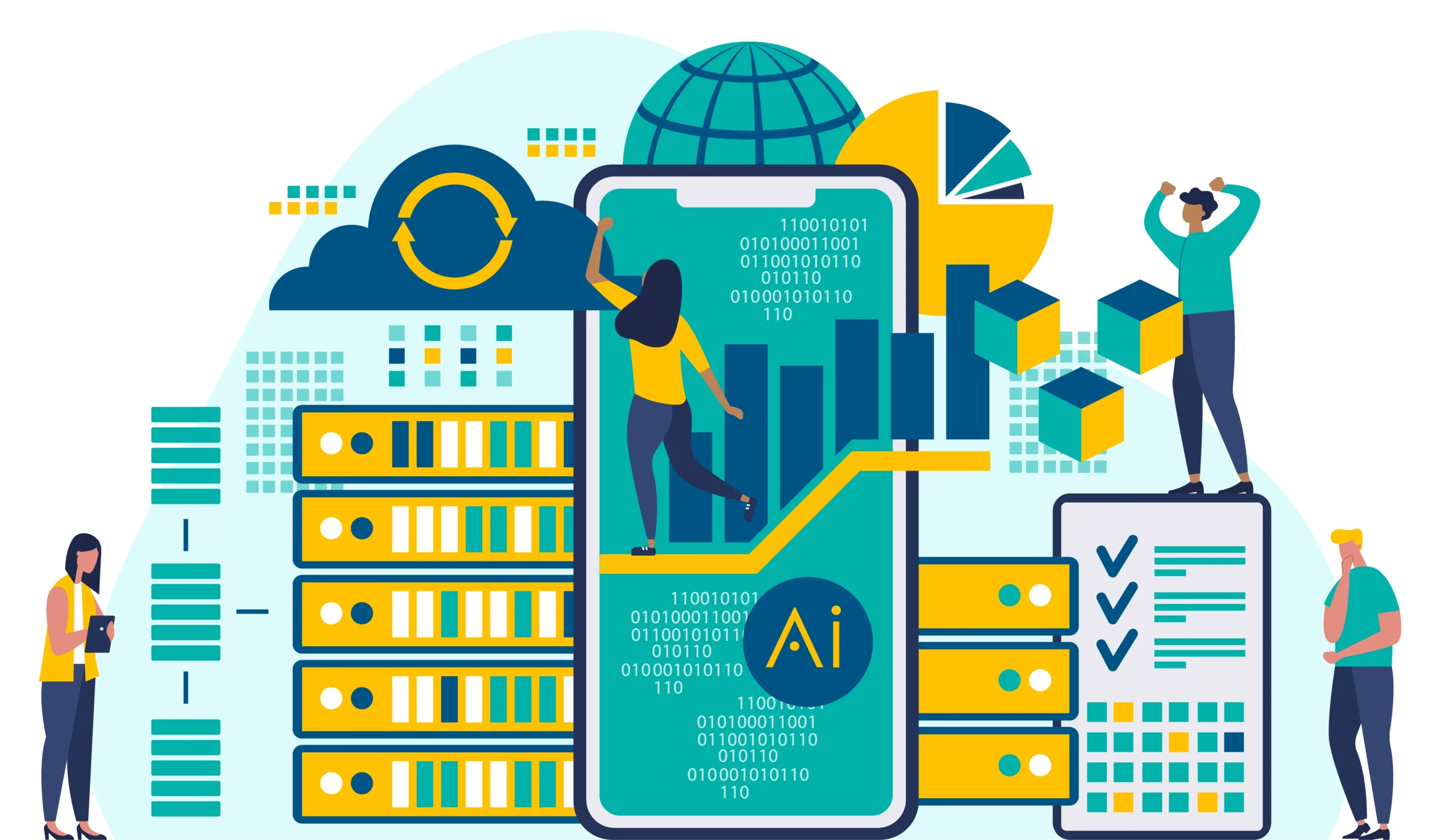AI Play in Candidate Screening and Selection

AI plays a crucial role in candidate screening and selection by automating processes, analyzing data, and providing insights to help recruiters make more informed decisions. Here's how AI contributes to candidate screening and selection:
Resume Screening: AI-powered systems can scan and analyze resumes to identify candidates who meet specific job requirements, such as skills, experience, and qualifications. These systems use natural language processing (NLP) algorithms to extract relevant information from resumes and rank candidates based on their suitability for the role.
Keyword Matching: AI algorithms can match keywords from job descriptions with those found in resumes to determine the level of alignment between candidates' skills and the job requirements. This automated matching process helps recruiters quickly identify top candidates without manually reviewing every resume.
Candidate Ranking: AI can assess candidates' qualifications and suitability for a role based on various factors, such as education, work experience, certifications, and skills. By assigning scores or rankings to candidates, AI algorithms prioritize candidates who are the best fit for the position, saving recruiters time and effort in the screening process.
Predictive Analytics: AI analyzes historical hiring data to predict which candidates are likely to succeed in specific roles based on their attributes, performance metrics, and other relevant factors. These predictive insights help recruiters make more informed decisions about which candidates to move forward in the selection process.
Assessment Tools: AI-powered assessment tools evaluate candidates' skills, cognitive abilities, personality traits, and cultural fit through online assessments, tests, and quizzes. These tools provide objective data to supplement traditional screening methods, helping recruiters assess candidates' potential more accurately.
Video Interview Analysis: AI can analyze video interviews to assess candidates' communication skills, facial expressions, body language, and overall fit for the role. Video interview analysis tools use computer vision and machine learning algorithms to provide insights into candidates' non-verbal cues and behavioral patterns.
Bias Detection and Mitigation: AI helps identify and mitigate unconscious biases in the screening and selection process by analyzing historical hiring data and highlighting patterns of bias. By raising awareness of potential biases, AI enables recruiters to make more objective and fair decisions when evaluating candidates.
Feedback and Iteration: AI systems can gather feedback from recruiters and hiring managers about candidate screening and selection decisions, allowing for continuous improvement and refinement of the screening criteria and algorithms over time.
Overall, AI enhances candidate screening and selection processes by automating repetitive tasks, providing data-driven insights, reducing bias, and improving the efficiency and effectiveness of recruitment efforts.
Thank you,